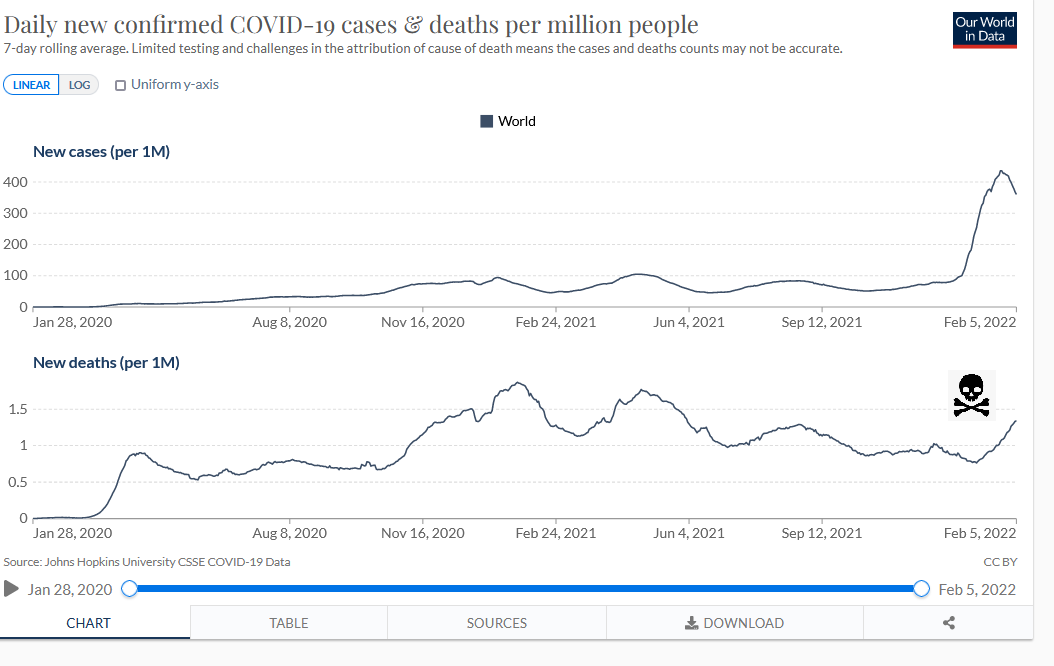
1) Japan — generally lauded for its response to the #COVID crisis — is now in the grip of what it’s calling a 6th wave in the #pandemic. To be blunt, what the hell is now going wrong in Japan and what lessons can Québec draw from the Land of the Rising Sun? 

2) As you can glimpse from the chart below, #COVID hospitalizations in Canada are now in decline, while they are climbing in Japan. Toyko’s metropolitan government has ordered hospitals to boost the number of emergency beds to accept patients at night. 

3) In an alarming development reminiscent of what Quebec has been going through, the Japanese government is considering whether it should send low-risk #COVID patients back home to “prevent medical facilities from being overwhelmed.” 

4) And in a dreadful return of the yo-yo effect, Japanese authorities are mulling re-imposing #pandemic restrictions. The 6th wave, which is Japan’s largest to date, is being driven by the super contagious Omicron variant. 

5) However, apart from #Omicron, what else is driving Japan’s 6th wave? The Japan Times is reporting that the health ministry is linking recent #COVID clusters to restaurants and bars. Outbreaks are also surging in schools and daycares.
6) But there is also a sobering statistic that helps explain the surge in #COVID hospitalizations in Japan: just under 5% of Japan’s population has thus far received the booster shot. In fact, as of Feb. 2, only 4.4% of the population had been administered a third dose. 

7) In contrast, 47% of Quebec’s population above the age of five has received a third dose. That’s still much lower than in Denmark and Ireland, but it appears to be enough — along with various #pandemic restrictions still in effect — to lower Quebec’s wave of hospitalizations. 

8) And as solipsistic anti-vaxxers gather in Quebec City to disturb joyous Carnaval revelers, it’s worth citing the chart below by the Public Health Agency of Canada. As of mid-January, the unvaccinated comprised nearly 72% of Canada’s #COVID hospitalizations. 

9) Japan’s 6th wave underscores the importance not only of vaccination — and especially the booster — but remaining vigilant during the #pandemic. Otherwise, health-care systems are at risk of collapsing, as has already occurred in Quebec. End of thread. montrealgazette.com/news/local-new…
• • •
Missing some Tweet in this thread? You can try to
force a refresh












